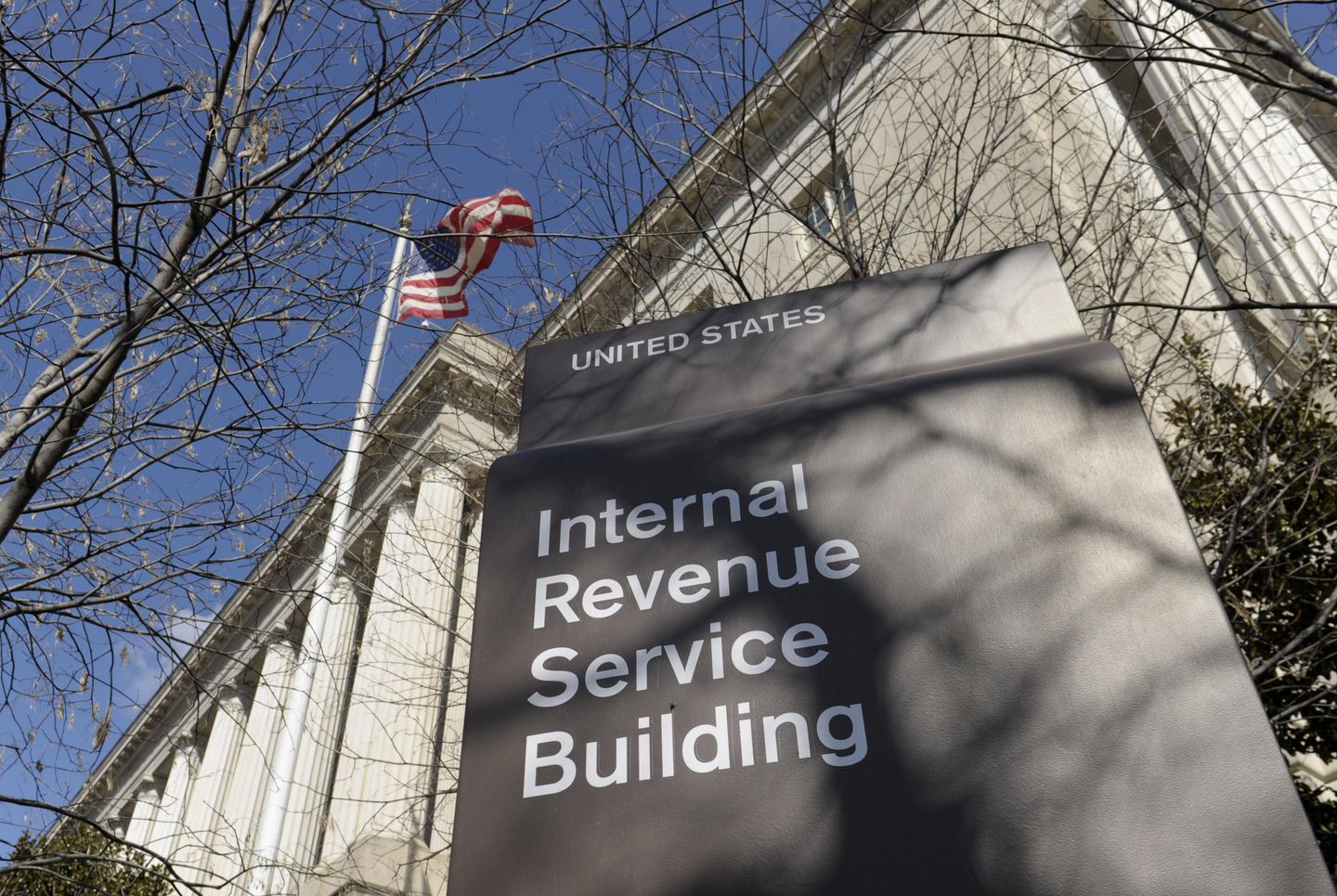
Three decades ago, the IRS stormed into the digital age with self-help kiosks, intended to give taxpayers an option for figuring out their taxes without having to wait for a human.
Somewhere along the way, things went wrong, though, to the point where of the 100 kiosks the IRS still has, at least 40 of them don’t work. And the contractor who was being paid $500,000 a year to fix the kiosks was falling down on the job, according to an inspector general who said the firm took more than a year to get to some of the open maintenance tickets.
Now, after the inspector general flagged the problem, the IRS says it’s finally scrapping the whole kiosk idea altogether.
But the inspector general said not to blame the kiosks themselves, but rather the IRS’ management of the program. When the kiosks are working, taxpayers who use them love them.
“While Americans live under the threat of an audit if their tax forms aren’t filed properly, the Biden IRS was paying half a million dollars a year for a dysfunctional taxpayer assistance service intended to help resolve tax-related issues,” said Sen. Joni Ernst, Iowa Republican.
The dollars involved aren’t big, but experts said it showed a level of buffoonery that often plagues the government when it’s spending taxpayers’ money.
“It’s the third circle of wasteful spending hell,” said Tom Schatz, president of Citizens Against Government Waste. “It’s unfortunately how the government procurement system and oversight fails to function. This may be a small amount — $500,000 is an asterisk in the federal budget at this point — but look at other procurement programs — billions, tens of billions, the oversight and accountability is the same regardless.”
The 100 kiosks, where taxpayers can connect to the IRS’ website to check forms, make payments and get answers to tax questions, were spread over 37 IRS assistance centers.
Investigators surveyed assistance center managers in April 2024 and found 55 kiosks were working and 40 were not. They couldn’t determine the status of the others because the managers in the District of Columbia and Charlotte, North Carolina, didn’t respond.
Even some of the working kiosks had problems. Eleven service centers said their printers weren’t working, so taxpayers couldn’t print forms or documents they’d called up.
The IRS was paying the contractor to maintain the machines, but the inspector general said that was hit-or-miss. The IRS recorded 137 service tickets that opened at some point between February 2023 to August 2024.
Just 21 of them were fixed and closed within 30 days of being filed. A staggering 71 of them took more than 150 days to close, including 28 that took more than a year.
And even though a ticket was closed, it didn’t mean the problem was solved.
“The lack of proper oversight of the contract resulted in the IRS paying approximately $500,000 annually to a contractor that did not timely perform the necessary services for the kiosks to remain operational,” the inspector general said.
The IRS at first said it would work with the contractor to fix things. It set a deadline of the end of last year to get it done.
But the inspector general said it sent investigators to visit eight centers with inoperable machines in January, and they were still not working.
The IRS then reported that it had actually ended the contract and given up on the kiosks altogether.
“Based on performance data and user feedback, we determined that the aging equipment no longer met service expectations or supported the needs of taxpayers,” Kenneth C. Corbin, chief of the IRS’s taxpayer services division, said in the agency’s official response to the audit.
Mr. Corbin said the IRS will search for other “self-service tools.”
But the inspector general urged the IRS not to give up the fight without another look, saying taxpayers could benefit if the kiosks worked.
A 2023 customer satisfaction survey compared kiosk users and those who waited for in-person help and found that kiosk folks found the machines easy to use and had “higher satisfaction with the service they received.”
Still, use has tumbled from 80,837 people in 2017 to just 4,671 in 2024 — though the audit said part of that could be that the machines were old and so many of them weren’t working.
The audit doesn’t name the contractor but it does say the contract began in June 2021.
Data at USASpending.gov says that V3Gate, a Colorado-based firm, started a contract with the IRS on June 6, 2021, to “provide operations maintenance for the existing kiosks and refresh computers with new Microsoft Windows 10 operating systems.”
The firm was paid $1.8 million through December 2024.
V3Gate, which has other contracts with the federal government, didn’t respond to inquiries from The Washington Times for this story.
The IRS, in its official response, didn’t address the contractor situation and the agency didn’t provide any more information in response to an inquiry from The Times.
Ms. Ernst said whoever it was needs to return the money.
“The IRS contractor that failed to deliver should repay every penny it was paid for the shoddy service, and DOGE should review any other contracts it may have with the government,” she said.











